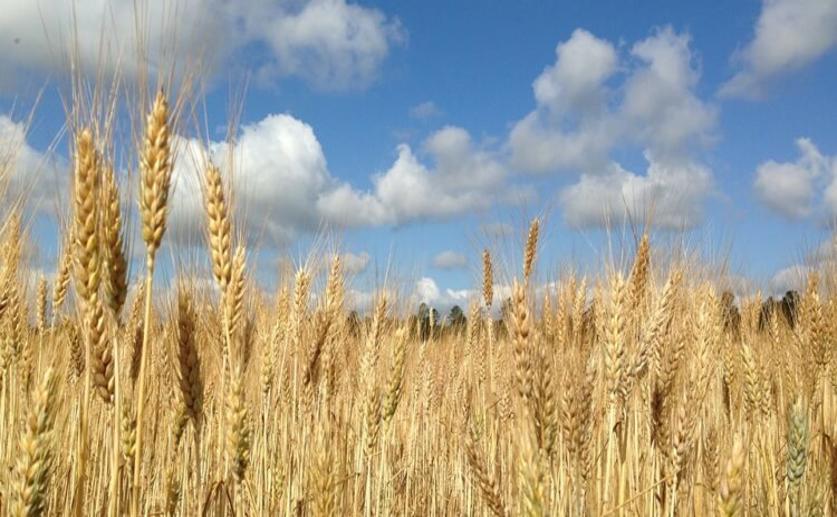
This archived news article is over 5 years old.
Researchers Develop a Method for Increasing Crop Yields Without Genetic Modification
David Jennings
15th December, 2016


David Jennings
15th December, 2016
